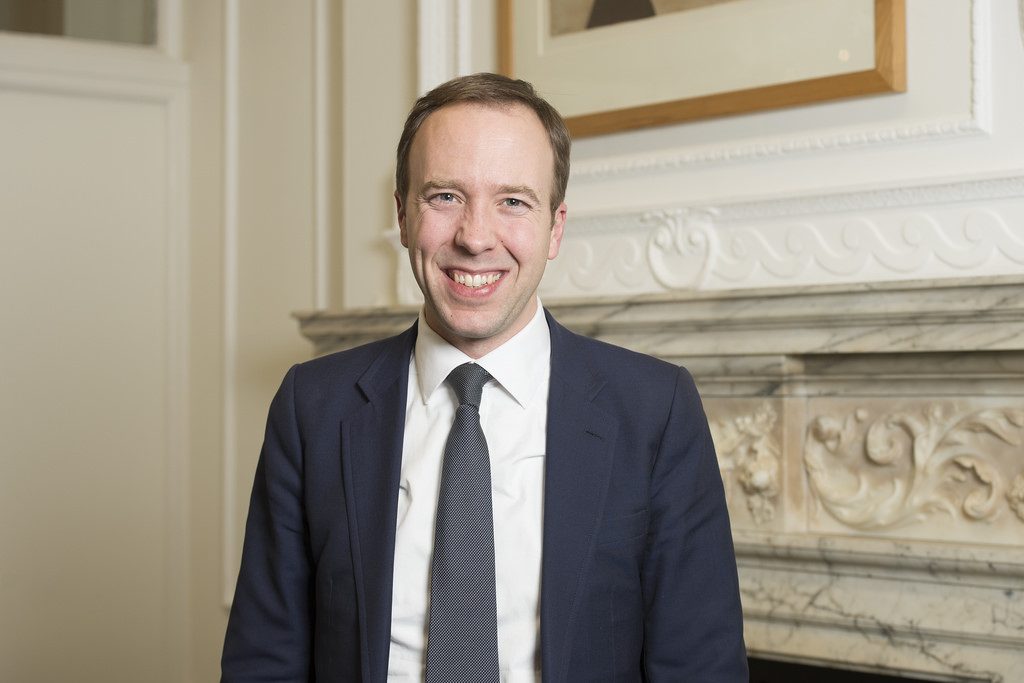A government task force must be set up to reduce the number of young people with autism locked away in mental health hospitals in breach of their human rights, MPs have urged.
The Joint Committee on Human Rights published a report on Friday (1 November) which finds that the UK “is inflicting terrible suffering on those detained in mental health hospitals and causing anguish to their distraught families.”
It calls for a range of law reforms to be made and an overhaul of hospital inspections.
“It has been left to the media and desperate parents to expose the brutal reality of our system of detention of people with learning disabilities or autism,” said Harriet Harman MP, chairwoman of the committee. “What we saw does not fit society’s image of itself as one which respects everyone’s human rights.
Under the Mental Health Act, introduced in 1983 and subject to later amendments, the government can detain people under certain circumstances without their agreement if they deemed at risk of harm to themselves or others.
The committee said it heard “stark evidence” from families which revealed a “predictable” pathway towards detention. It begins before diagnosis, with parents being left struggling to look after children with autism and receiving little support from authorities, it said.
It added that – as the years pass – eventually something happens which unsettles the young person, and the family struggles to cope. Professionals discuss what should happen, but “parents are not asked for their views.”
“Then the child is taken away from their home and the familiarity and routine which is so essential to them. They’re taken miles away and placed with strangers,” it continues.
“The young person gets worse and endures physical restraint and solitary confinement – which the institution calls “seclusion”.
“And the child gets even worse so plans to return home are shelved. The days turn into weeks, then months and in some cases even years.”
- ‘Disabled people are being warehoused. Look after us in the community’
- ‘Isolation of autistic children in inpatient units must end’
The mother of one young man told the inquiry his arm was broken while being restrained. “His arm was wrenched up behind his back until the bone snapped,” she said. “He was not then taken to accident and emergency for 24 hours, even though his arm was completely swollen.”
Another said: “I did not know what was happening. Looking back at it now, it does not feel real. It feels like some sort of nightmare.
“It was not a safe place. It was not a treatment room. I got no assessment or treatment done.”
What About Human Rights?
The committee found that the detention of young people with disabilities touches on numerous rights protected under the Convention of Human Rights and equality law.
Among them is the right to life (Article 2), instances where deaths occur in detention, and the right not to be subject to torture and inhuman or degrading treatment (Article 3).
Article 5 prohibits arbitrary deprivation of liberty. However this is a qualified right which can be interfered for those of “unsound mind” when lawful, necessary and proportionate.
What Are The Recommendations?

Image Credit: Number 10 / Flickr.
In May, the Health Secretary Matt Hancock accepted a spate of recommendations – including putting in place plans for patient’s discharge – following a damning report by health watchdog the Care Quality Commission.
However, the Joint Committee on Human Rights has said that it has “no confidence” the government targets to reduce the number of people with learning disabilities or autism in mental health hospitals.
They demand:
- A special No 10 unit to safeguard the human rights of young people with learning disabilities and autism;
- Only individuals who will benefit from treatment are detained in mental hospitals;
- An overhaul of inspections, to include covert surveillance and unannounced visits at night and weekends; and
- That families are fully involved in decisions.







